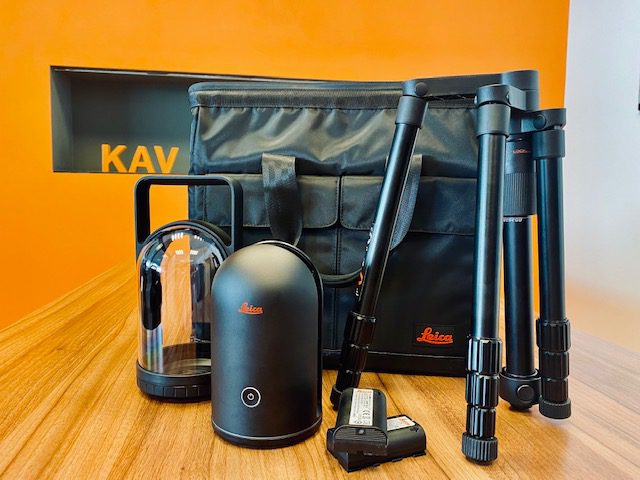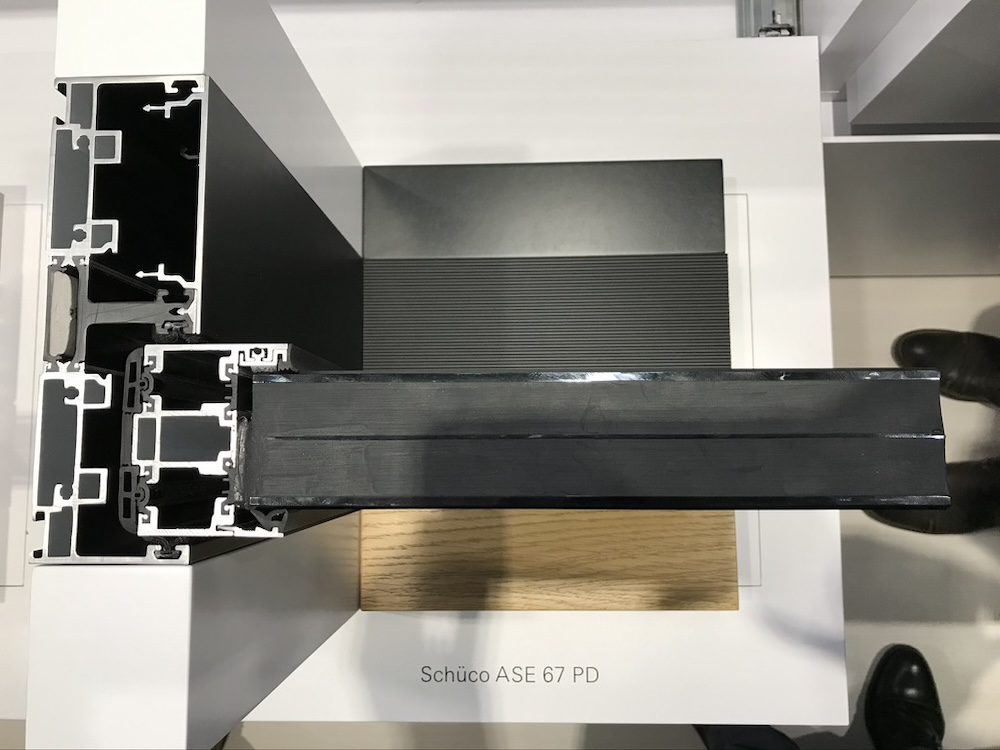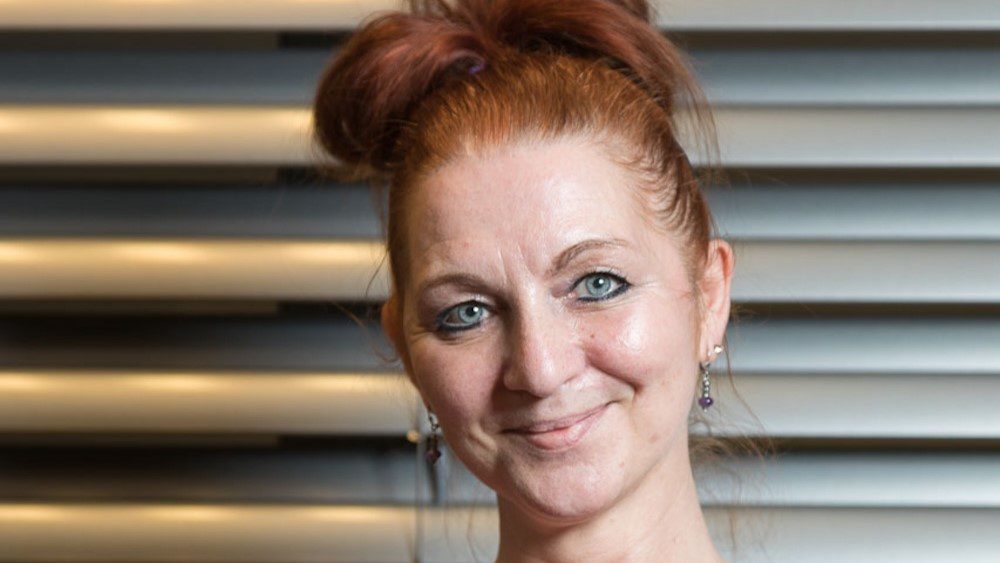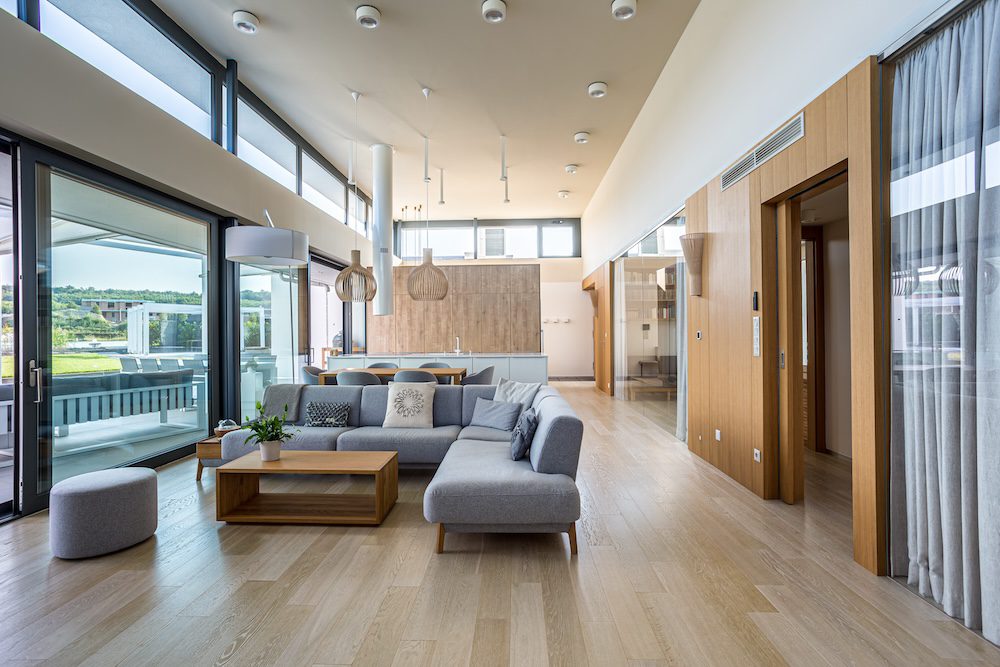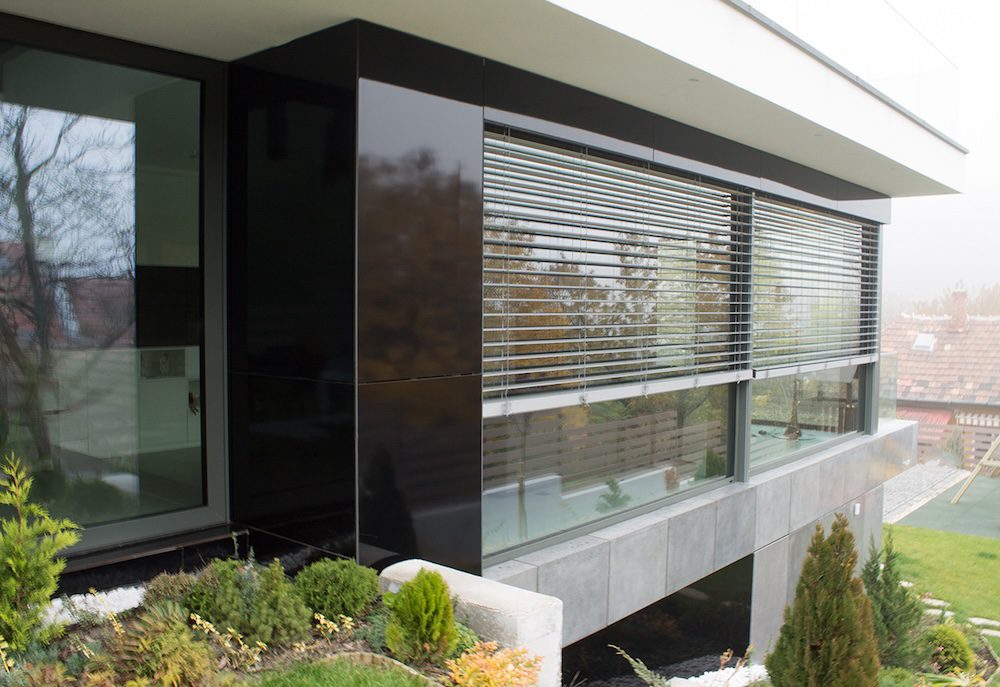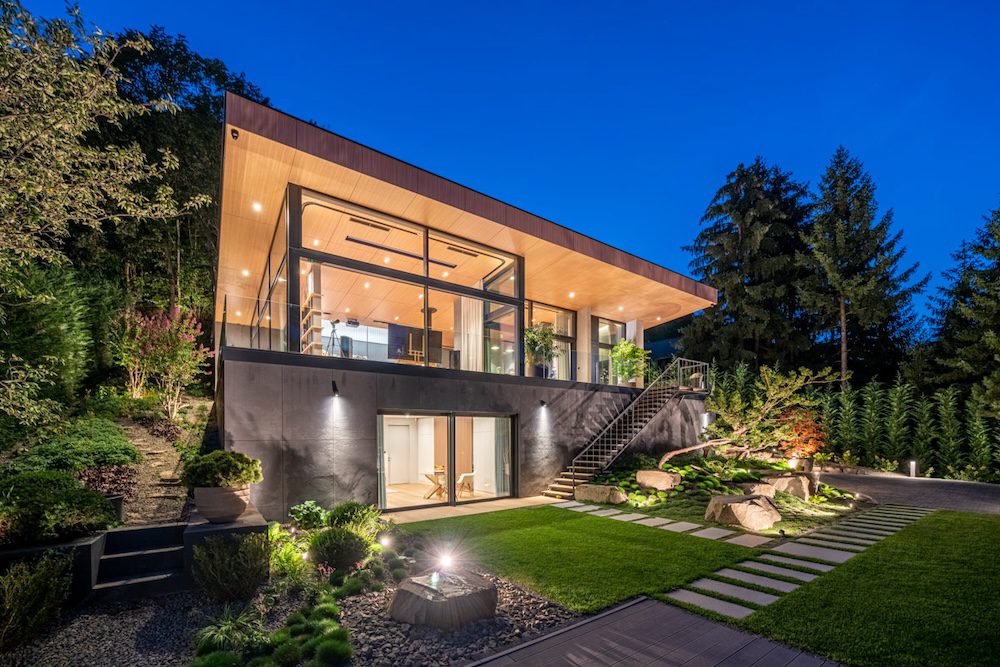A smart home requires a different kind of building use awareness
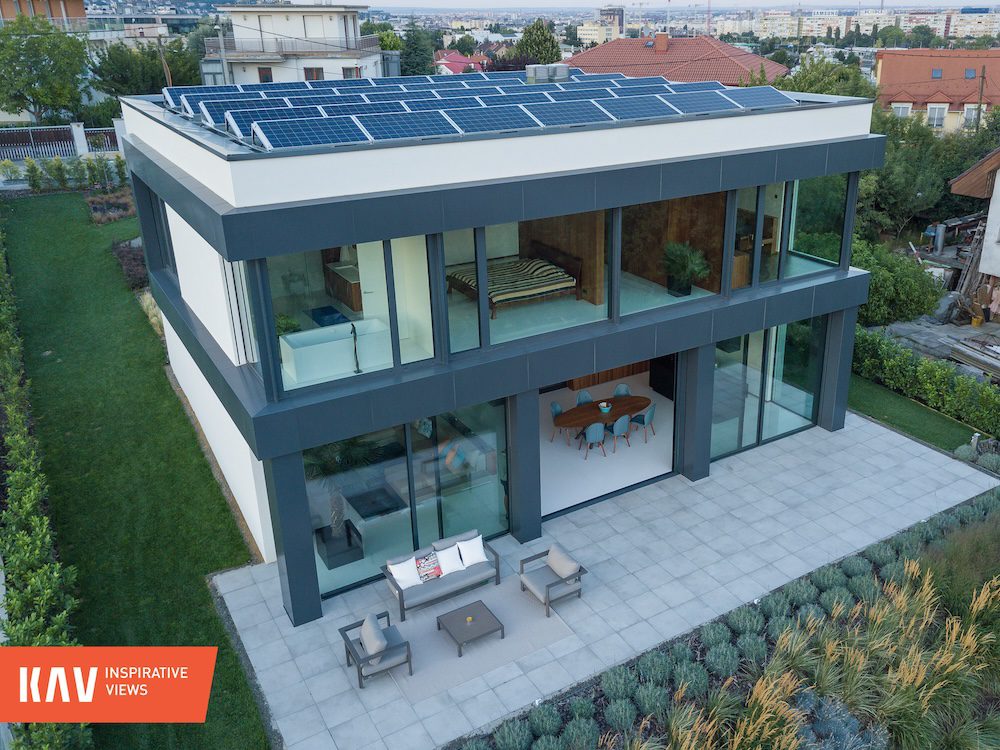
Smart homes are no longer a feature of futuristic novels and films but a part of our present. When building premium-class homes, automation and building systems that help its inhabitants’ live are often a basic requirement, which also affects the design of windows and doors. Our new series introduces you to the world of smart homes. Our goal is to provide adequate knowledge for decision-making and for starting the design of a house.
“In Hungary, the door and window solutions for standard smart homes are far less technically advanced than in Western Europe or the United States. In Hungary, these systems usually use the following solutions: the glazed sliding walls of the facade can be powered by a motor, the blinds are motorised, which may be operated with a wall push button or possibly with a phone or tablet. In many cases, the lack of professionals also makes it difficult to spread innovative solutions, which are also supported abroad by the manufacturers and software servers of the engineering systems. They are building much more complex systems, with more complex building management solutions, and what is more they can save a lot of energy this way,” says Károly Lovász, head of KAV.
It is worth defining here what we mean under a smart home. Most importantly, all the technological solutions used in a building should be operated integrated into a single system, even when nobody is at home. It is important that additional features can be added to the system as needed. The goal is that, through programming, the house “learns” and recognises our habits and lifestyles, and responds to external conditions – e.g. weather changes – and develop its own optimum performance. Not only does this save its residents’ time and energy, but with some features you can also reduce the ecological footprint of your property.
There are many types of systems that may be varied in countless ways, but within a building their common collaboration needs to be integrated into a building management system. “The operation of the various parts of the building management system must be perfectly and comprehensibly translated into the computer ( I / O) language, which requires a very high level of expertise. The computer doesn’t think for us; you have to programme it with what it should do when it gets some information or reaches a value. Unfortunately, the lack of expertise in Hungary is really a serious problem, which is why we are among the last in the smart home market in Europe. Talking to our clients, I realise they understand that a smart home requires a different kind of building use awareness. If you get a broad spectrum of information about a particular solution, you are more likely to choose the more expensive but also more automated version,” emphasises Károly Lovász.
MoreNews






